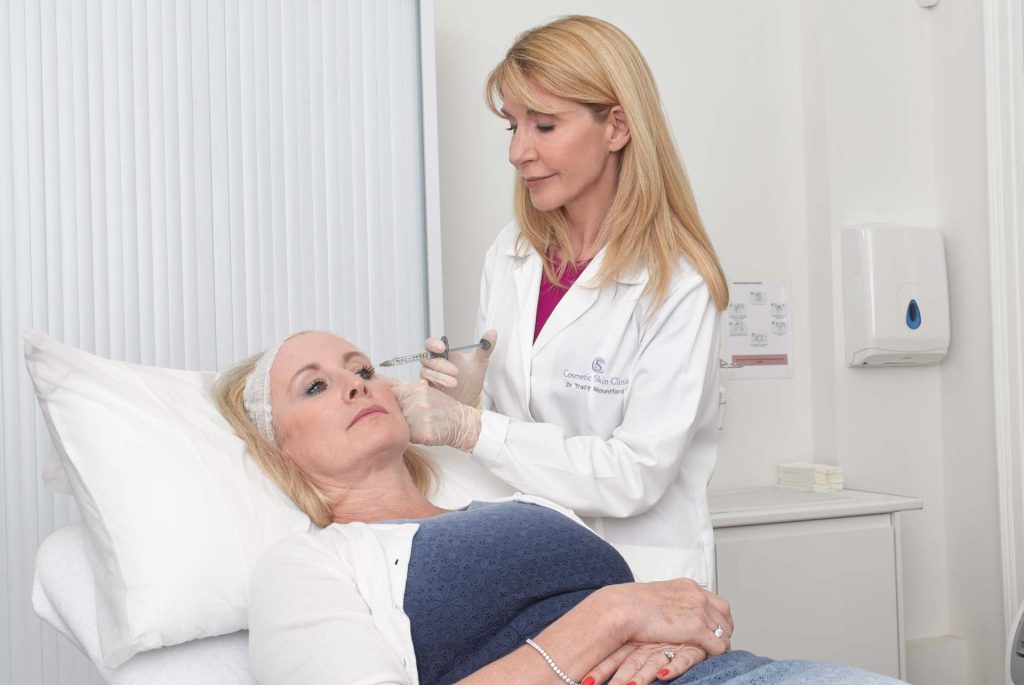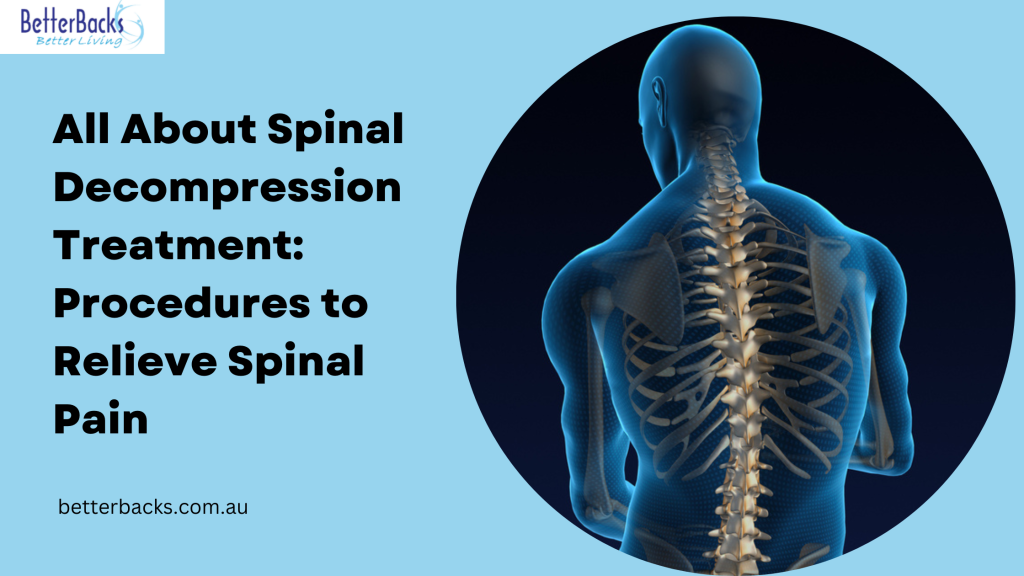Improving communication skills is crucial for nurses to ensure better patient interactions. Effective communication fosters a deeper understanding of patient needs, establishes trust, and enhances overall patient care.
Good communication can significantly impact patient outcomes, satisfaction, and the overall healthcare experience. It involves not only delivering information but also listening, empathizing, and engaging with patients and their families. By mastering these skills, nurses can improve their professional performance, build stronger relationships with patients, and contribute to a more effective healthcare system.
This guide provides detailed strategies for nurses to develop their communication abilities, ensuring patients feel comprehensively cared for, understood, and respected. In the dynamic environment of healthcare, where nurses often serve as the primary point of contact for patients, the ability to communicate effectively is not just a skill but a necessity.
- Active Listening
Active listening is more than just hearing words; it’s about fully engaging with the patient’s concerns. Nurses should focus on the patient’s tone, pace, and emotion to fully understand their message. This involves maintaining eye contact, nodding, and using verbal affirmations like “I understand.” By doing this, nurses understand both the explicit message and the emotional context behind it, both of which are vital in healthcare environments.
Reflecting on what the patient says and asking open-ended questions can further enhance understanding and show the patient they are truly heard.
- Continuous Learning and Improvement
Continuous learning and improvement in communication are vital for nursing professionals. This can be achieved through regular training, workshops, and self-reflection. Engaging in RN to FNP online programs can be particularly beneficial, as they offer advanced education and practical skills in patient care and communication. Seeking feedback from colleagues, patients, and mentors is also a valuable way to identify areas for improvement. Staying updated with best practices in communication and patient care ensures nurses are well-equipped to meet the evolving needs of their patients.
- Non-verbal Communication
Non-verbal cues such as facial expressions, gestures, and posture can greatly impact how messages are received. Nurses should be mindful of their own body language, ensuring it conveys openness and empathy. For instance, leaning slightly towards the patient can show interest, while maintaining a relaxed posture can make the patient feel more at ease. It’s also important for nurses to be aware of the patient’s non-verbal signals, as they can provide insights into their feelings and comfort levels. Responding appropriately to these cues can greatly enhance communication and patient comfort.
- Empathy and Compassion
Empathy and compassion are at the heart of nursing. Demonstrating these qualities involves acknowledging and validating the patient’s feelings and experiences. This might mean taking a moment to comfort a patient who is upset or anxious or simply offering a reassuring word. Nurses can show empathy by imagining themselves in the patient’s situation and responding in a way that they would appreciate in similar circumstances. This human connection can significantly ease a patient’s anxiety and foster a more trusting relationship.
- Patient Education
Patient education is a critical aspect of nursing care. It involves more than just imparting information; it’s about ensuring the patient understands their health condition and the rationale behind their treatment plan. Nurses should use educational materials, such as brochures or models, to aid understanding and engage patients in discussions about their health. This approach empowers patients to take an active role in their care and make informed decisions. Regularly checking for understanding and addressing any misconceptions are key components of effective patient education.
- Cultural Sensitivity
Cultural sensitivity in nursing communication involves being aware of and respecting the diverse cultural backgrounds of patients. This includes understanding different communication styles, health beliefs, and practices. Nurses should ask patients about their cultural preferences and be open to adapting their communication style accordingly. This respect for cultural differences not only enhances communication but also ensures that care is delivered in a culturally appropriate manner, thereby improving patient satisfaction and outcomes.
- Feedback and Clarification
Feedback and clarification are essential for ensuring that communication is a two-way process. Nurses should encourage patients to express their thoughts and concerns and provide feedback on the information given. This can involve asking patients to summarize what they have understood or asking if they have any questions. Such an approach helps identify any areas of confusion and allows for immediate clarification, ensuring that the patient fully understands their care and treatment.
- Effective Documentation
Effective documentation in nursing is critical for maintaining clear communication across the healthcare team. Accurate recording of patient interactions, care plans, and observations ensures that all team members are informed and can provide consistent care. This documentation should be clear, concise, and up-to-date. It serves as a communication tool not just for current care but also for future reference, contributing to the continuity and quality of patient care.
- Conflict Resolution
Conflict resolution skills are essential in the dynamic and sometimes stressful healthcare environment. Nurses should be equipped to handle conflicts with patients, families, or colleagues in a professional manner. This involves actively listening to all parties, acknowledging different viewpoints, and working collaboratively towards a solution. Effective conflict resolution can prevent misunderstandings from escalating and ensures that the focus remains on providing high-quality patient care.
- Clear and Concise Communication
Effective communication in nursing is about being clear and concise. Nurses should avoid using complex medical terms and instead use easily understandable language. This approach helps prevent confusion and ensures that the patient fully grasps their health situation and the care they are receiving. It’s also beneficial to repeat important information and check back with the patient to ensure understanding. This clear communication approach extends beyond verbal interactions to written instructions and educational materials, ensuring they are patient-friendly.
Conclusion
In conclusion, by focusing on these key areas, nurses can significantly enhance their communication skills, leading to better patient interactions and care. These strategies not only improve the nurse-patient relationship but also contribute to the overall well-being and satisfaction of patients, reflecting the core values of nursing.
Author



